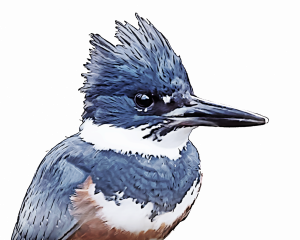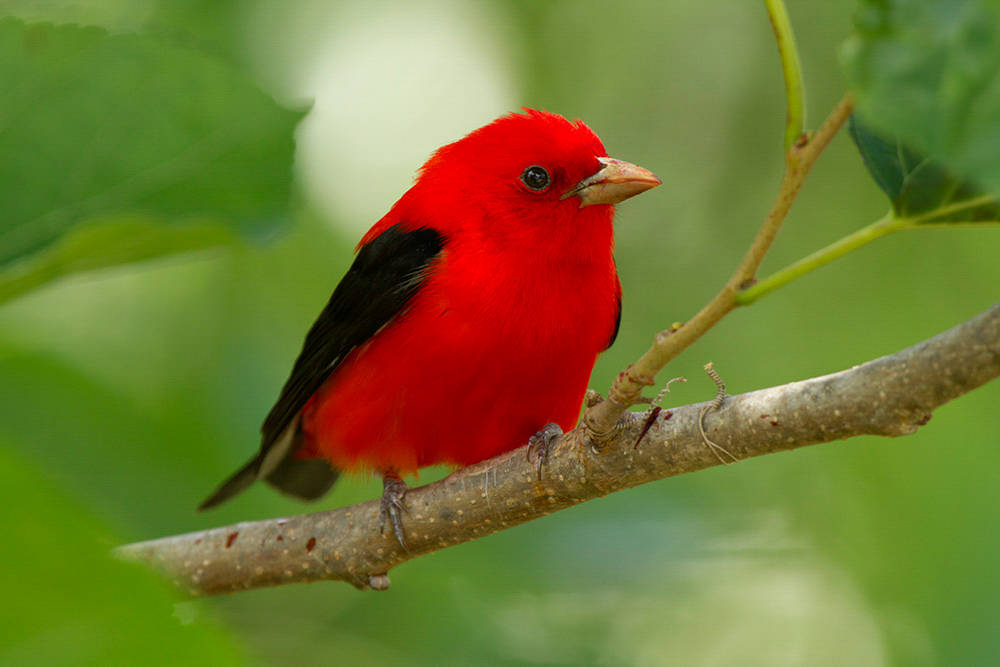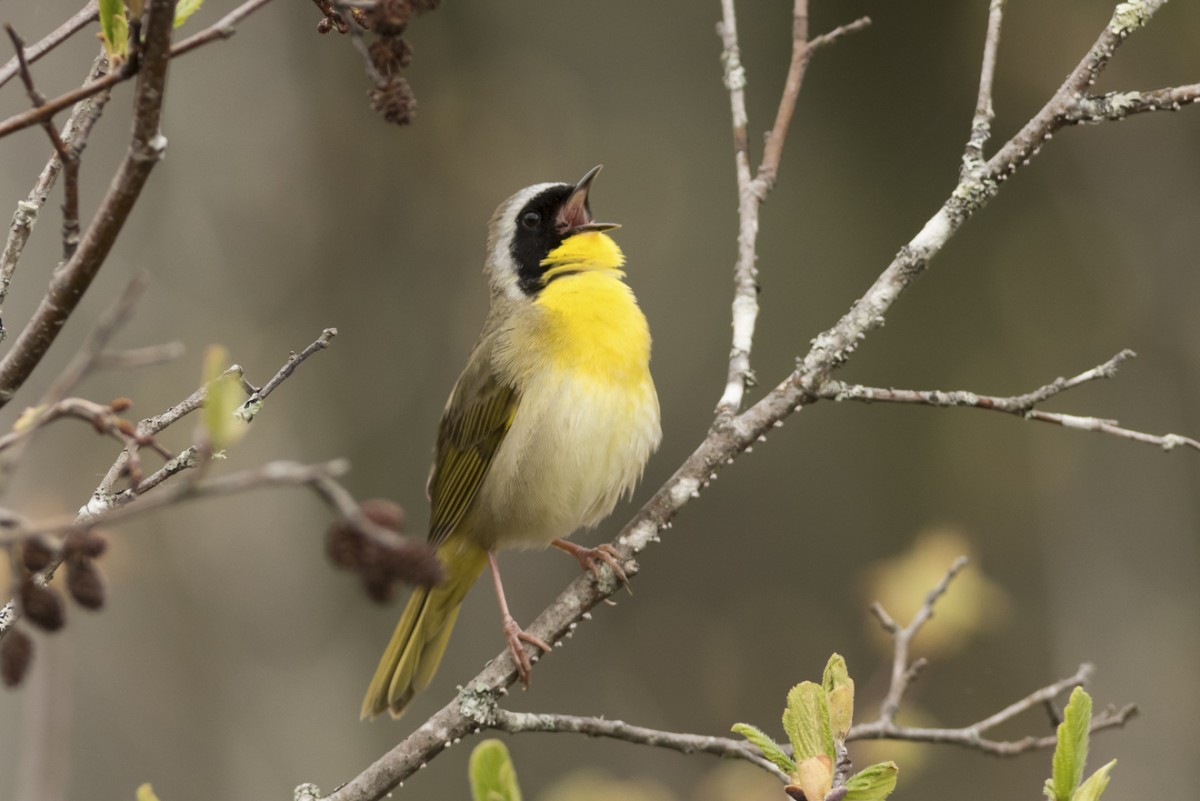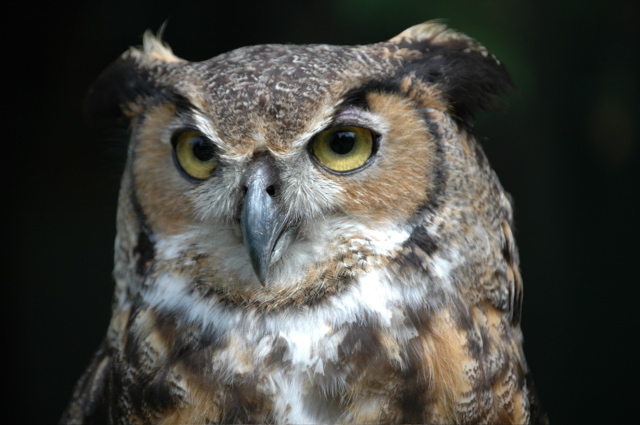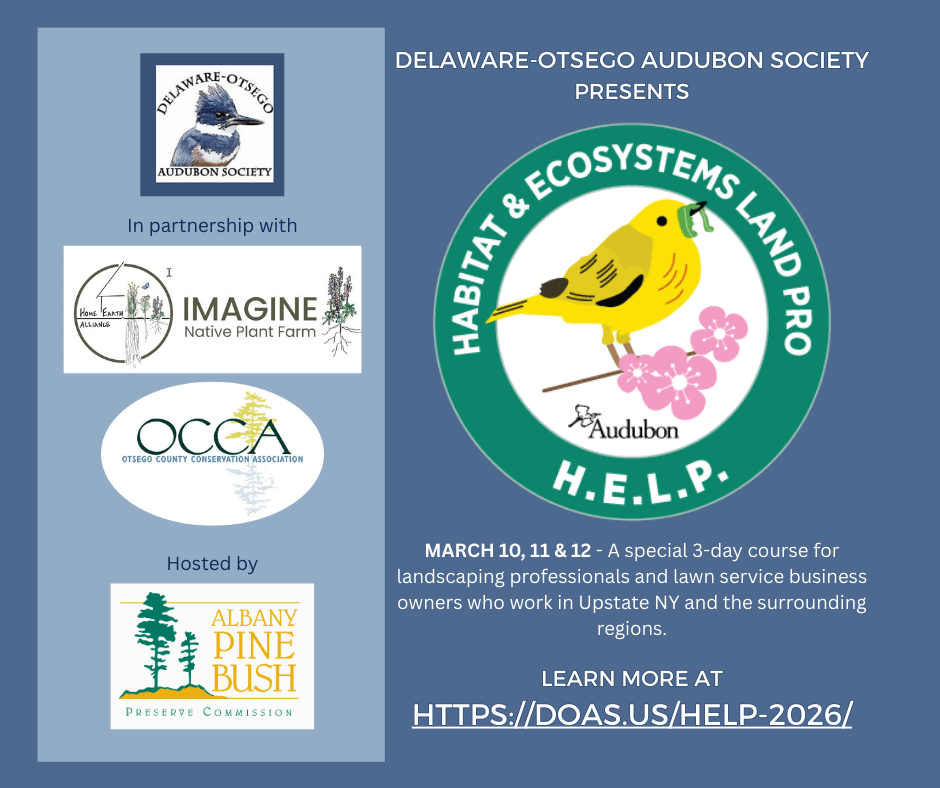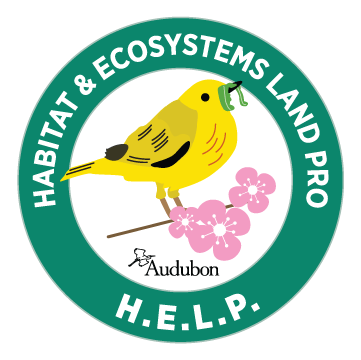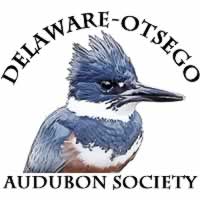This winter marks the 117th year of National Audubon Society Christmas Bird Counts. The Christmas Bird Count (CBC) is a long-standing program of the National Audubon Society, with over 100 years of citizen science involvement. It is an early-winter bird census, where thousands of volunteers across the US, Canada and many countries in the Western Hemisphere, go out over a 24 hour period on one calendar day to count birds.
According to archived documentation, Delaware-Otsego Audubon Society has participated in these counts since it’s inception in 1968. Within our chapter’s first year, the founders of DOAS, recognizing the value of the Audubon Christmas Bird Count, decided our chapter ought to contribute to this nation-wide winter bird census. In those first years, the organization’s census takers traveled to the Ithaca area to count in an established region.
In the 1800s, the “Christmas Side Hunt” was popular; parties would compete to shoot the most birds. In 1900, ornithologist Frank Chapman, member of the newly established National Audubon Society, suggested that rather than killing birds, folks should simply count them. Thus began the first Christmas Bird Counts. The 116th CBC last year included over 2450 count locations, with over 72,000 participants (62,000 in field, 10,000 feeder-watchers) tallying almost 70 million birds.
CBCs are organized in 15-mile diameter “count circles”. Only birds found inside the circle can be included in the count. Besides our local count (designated NYOT, organized by Sandy Bright), other nearby CBC circles are centered in Fort Plain (NYFP, organized by Bob Donnelly), Sherburne (NYSH), and Rensselaerville (NYHP). All CBCs must occur between December 14 and January 5, and each circle’s count should occur at about the same date each year, on a day chosen by the circle’s organizer. For example, the 2016 NYOT CBC will be Saturday Dec. 17, and the NYFP on Saturday Dec. 31. Birds observed a few days before or after the count day can be reported, but are not part of the official data.
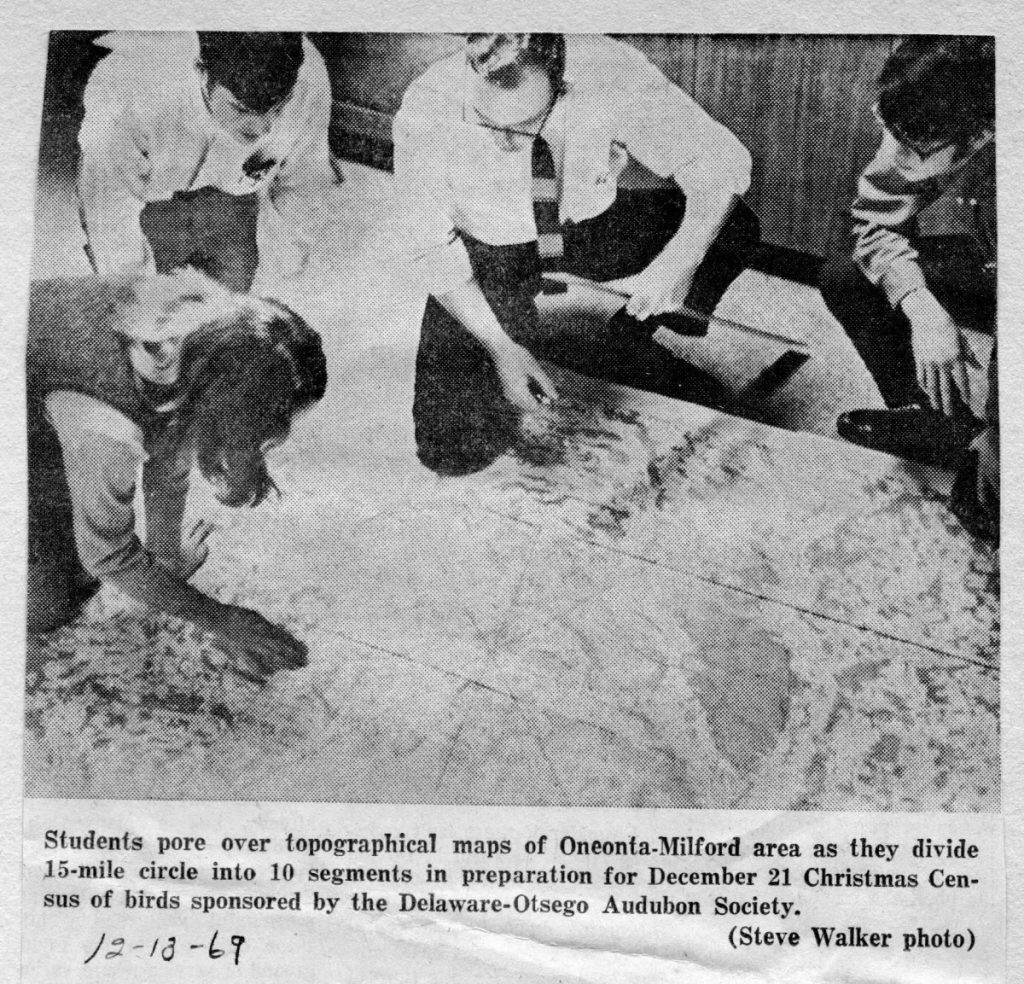
Our local NYOT circle was designed 48 years ago by Dr. John New and Johanna Koenig, two of the original DOAS members, with a center in Milford (coordinates 42.55°N, 74.95°W). It extends 7.5 miles north to Rt11C in Cooperstown, south to Rt23 in Davenport, west to just past Rt205 in Laurens, and east to just past Schenevus. (It includes just a small portion of Oneonta.) The NYOT circle is sub-divided into nine regions. Each region has a team of birders who record every bird encountered. The efforts of the field teams are complemented by “feeder-watchers”: folks who stay home and observe and report on birds seen at their feeders. The 2015 NYOT results included 3693 birds from 49 species.
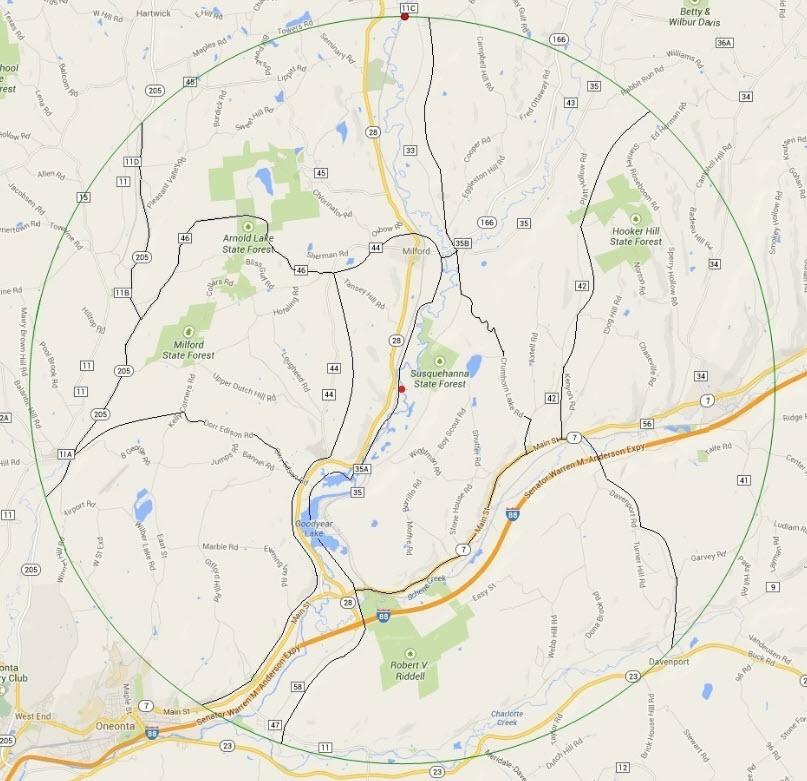
Since no circle exists south of NYOT closer than Binghamton, perhaps a Delaware County circle could be established. Circles can’t overlap, of course, and so a new circle center would have to be at least 15 miles from NYOT’s center. For example, a circle could be established centered south of Meredith. It would include East Meredith, Treadwell, Bloomville, Delhi and Fraser. Designing a circle, sub-dividing it into regions, organizing teams for each region, and compiling the observation data is quite a lot of work, but I’ve no doubt there are DOAS folks who could meet that challenge.
You might wonder why can’t just anybody do a CBC anywhere? Of course, anyone can go out and enjoy counting birds at Christmastime, but over the years the Audubon CBC has evolved from simply an enjoyable winter outing for avian aficionados to a highly respected source of scientific data. It is widely regarded as the best data pool available for early winter bird populations in North America. To retain their scientific value, data collection methods must be consistent from year to year, so Audubon has chosen to follow the procedures I’ve described.
If you’d like to join the Delaware-Otsego Audubon Society’s CBC, contact Sandy Bright at sbright@hartwick.edu or 607-287-4465 or Bob Donnelly at rsdonn@yahoo.com or 607-264-8156. They are glad to add birders to the various teams; new counters will be placed with more experienced team members. Become a member of the largest and longest-running citizen science project in history!
In addition to the annual Christmas Bird Count, DOAS participates in: Raptor Migration Census at Hawkwatch (at the DOAS Sanctuary just south of Oneonta since 1977); an annual Waterfowl Count through the New York State Ornithological Association; Project Feederwatch, a program of the Cornell Lab or Ornithology; and the May Big Day Bird Count, a program of the American Birding Association. The organization is also involved with the Appalachian Golden Eagle project with the University of Virginia and it’s own New York Golden Eagle Tracking Project.
Information about all of these programs can be found at the DOAS website at https://doas.us.
2016: Saturday, December 17 – Oneonta Area Christmas Bird Count (CBC):
DOAS historical archive documents tell us that we have participated in the national count every year since the organization was established in 1968. All birders, novice or experienced, are welcome to join us on this fun day. Small groups in one or two cars count all the birds they find in their assigned area, within a designated 15-mile radius circle centered around Milford, for whatever hours they choose.
Each group has a leader who will have received appropriate materials beforehand. Alternatively, instead of joining a group, you can count birds at your own feeder off and on throughout the day if you are within our circle. If you are a new counter for either the group counts or the feeder counts, please contact Sandy Bright at sbright@hartwick.edu or 607-287-4465. People who have participated before will be contacted.
View Map for the Oneonta Christmas Bird Count
2016: Saturday, December 31 – Fort Plain Christmas Bird Count (CBC):
All are welcome to participate regardless of birding experience. There will be a potluck dinner after the count. For information contact Bob Donnelly: rsdonn@yahoo.com or 607-264-8156.
View Maps for the Fort Plain Christmas Bird Count.
Other Links
View Data from past Christmas Bird Counts
Find a Bird Count Near You at the Audubon Map
Article contributors: Charles Scheim and Susan O’Handley
